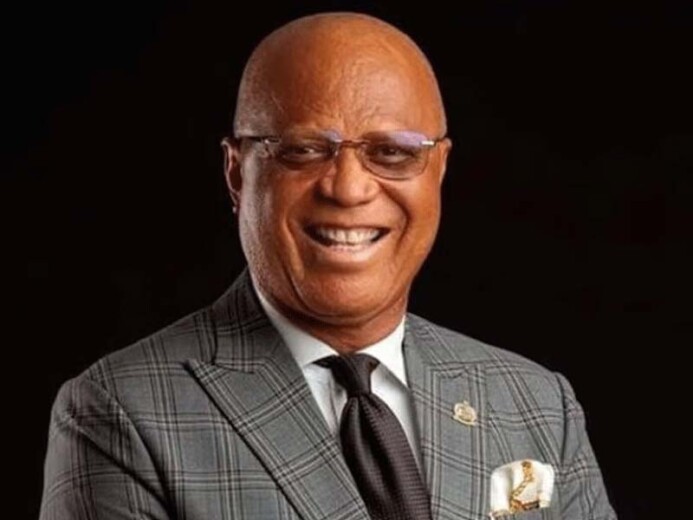By Ishola Balogun
Yesterday, Gov. Eno Umo of Akwa Ibom made a bold declaration: he would sack any commissioner absent from official functions related to their office. He emphasized that government work is a continuous, 24/7 commitment and firmly asserted that he is an elected governor, not an appointed one. This statement has sparked a lively debate, revealing divergent views on governance, accountability, and leadership styles in Nigeria.
Supporters commend Gov. Umo for his decisiveness and commitment to accountability. They argue that public officials should demonstrate unwavering dedication to their roles, especially during official functions that represent the government’s commitment to transparency and service. The “no-absence” stance underscores a need for discipline and ownership among government officials, emphasizing that leadership is about setting standards and leading by example in the pursuit of development.
Critics, however, contend that such rigid enforcement may overlook the complexities of governance. They argue that commissioners, as specialized officials, might need to attend to other crucial duties—such as monitoring ongoing projects in the field—that are equally vital but not necessarily part of the governor’s entourage to another function. For them, flexibility and understanding of the multifaceted nature of governance are essential; a commissioner could be absent from a formal event but still effectively contributing to government objectives elsewhere.
READ ALSO:A New Chapter in Middle East Diplomacy as US Lifts Syria Sanctions, Signs Record Arms and Investment Deals
The implications of this stance are profound. On one hand, it promotes a culture of accountability and high standards, potentially reducing absenteeism and complacency among officials. On the other hand, it risks fostering an overly authoritarian atmosphere where officials might feel compelled to prioritize appearances before the governor over substantive work, or become hesitant to take necessary independent initiatives.
If not balanced carefully, such strict policies could lead to a demoralized civil service, where officials feel mistrusted or over-policed, thereby stifling innovation and proactive governance. It also raises questions about how to measure dedication—should presence at the governor’s functions be the sole criterion?
The Context of Appointed and Elected governor
In Nigeria, the difference between an elected governor and an appointed administrator (like that of Rivers State) highlights contrasting approaches to governance. An elected governor, such as Umo, ostensibly derives legitimacy directly from the people, and his statement seeks to reinforce that mandate by demanding accountability from his officials.
In contrast, the appointed administrator in Rivers State often operates under different constraints, sometimes with more centralized authority, and their legitimacy is derived from the federal government rather than direct electoral mandates. This distinction influences how leadership is perceived. Elected leaders tend to be held to higher accountability standards by the populace, while appointed officials may face resentment if perceived as being disconnected from democratic accountability.
READ ALSO: Federation revenue account earns N2.8 trn, as FAAC shares N1.7trn
Resentment and Autocratic Leadership:
Autocratic leadership styles—characterized by top-down decision-making and limited participation—are often met with public skepticism and resentment. People value inclusive, transparent governance, and perceive autocracy as a threat to democratic principles, potentially undermining trust in leadership. While decisiveness is appreciated, excessive domination can alienate citizens and civil servants alike, fostering feelings of disenfranchisement.
Gov. Eno Umo’s stance brings to the fore the critical tension between accountability and flexibility in governance. While setting high standards is commendable, balancing discipline with understanding of the multifaceted nature of administrative duties remains essential. For Nigeria’s democracy to thrive, leaders must foster an environment of trust, transparency, and respect for the complexity of service, ensuring that efforts to enforce discipline do not inadvertently erode morale or democratic principles.

